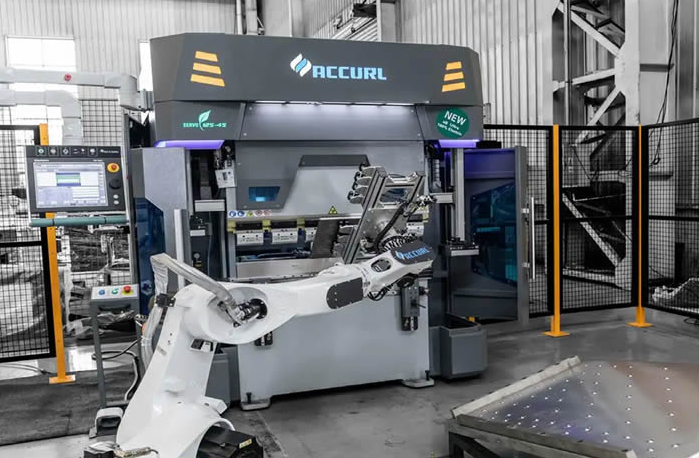Understanding Lie Detector Tests in Indiana: The Role and Reliability of Polygraph Examinations
What Is a Polygraph Test?
A polygraph test, commonly referred to as a lie detector test, is a procedure that measures and records several physiological indicators such as blood pressure, pulse, respiration, and skin conductivity while a person answers a series of questions. The belief is that deceptive answers will produce physiological responses that can be differentiated from those associated with non-deceptive answers. While widely known and often dramatized in movies and television, polygraph tests have been subject to both significant use and criticism, especially when it comes to their role in the legal and employment fields.
Use of Polygraph Tests in Indiana
In the state of Indiana, polygraph tests are used in various settings, including criminal investigations, employment screenings, and civil matters. Law enforcement agencies often utilize polygraph examinations as part of their investigative process. For example, when trying to confirm or dispute a suspect’s testimony or to eliminate suspects from an investigation, detectives may request a polygraph test. However, it is important to understand that in Indiana, as in most states, the results of a polygraph test are not automatically admissible in court. A polygraph examination may only be used as evidence if both parties in a trial agree to its use beforehand. This limitation exists largely because of the ongoing debate regarding the reliability and accuracy of polygraph testing.
The Science and Controversy Behind Polygraph Testing
While polygraph tests are based on scientific principles, they are not foolproof. The device itself records physical responses that can be influenced by many factors beyond lying, including nervousness, fear, or even medical conditions. In Indiana, examiners administering polygraph tests must be licensed and follow strict protocols to ensure the process is conducted ethically and professionally. Despite these precautions, critics argue that polygraph results can be manipulated, either intentionally by the examinee or through examiner bias. Additionally, no two people respond to stress in exactly the same way, making universal interpretation difficult. The scientific community remains divided on whether polygraph tests can definitively detect lies, and as a result, courts remain cautious about accepting them as conclusive evidence.
See also: Step-by-Step Guide: How to Set Up and Use an NFC Business Card
Employment and Pre-Employment Polygraph Testing in Indiana
Outside of criminal justice, polygraph tests are sometimes used in the employment sector in Indiana. Certain government jobs, particularly those involving security and law enforcement, may require applicants to undergo a polygraph examination. The Employee Polygraph Protection Act (EPPA) generally prohibits private employers from using lie detector tests for pre-employment screening or during employment, with some exceptions. For example, businesses involved in security services or the manufacture and distribution of controlled substances may be permitted to use polygraph testing under specific conditions. Even in those cases, employees have rights and protections, including being informed of the test in advance and given the opportunity to explain results.
Location in Indiana
- Lafayette – 2231 S 30th St, Lafayette, IN 47909
Ethical Considerations and Future Outlook
The use of polygraph tests in Indiana continues to raise ethical and legal questions. Critics argue that relying on a technology that has not achieved universal scientific endorsement could lead to unjust outcomes. Supporters, on the other hand, see it as a useful investigative tool when used appropriately and in conjunction with other methods. The future of lie detector testing may involve more advanced technologies, such as brain wave analysis or artificial intelligence, which aim to improve the accuracy of truth verification. For now, Indiana remains consistent with most states in its cautious approach, using polygraph tests as supplementary tools rather than definitive evidence.
In conclusion, while polygraph tests have a prominent role in various sectors across Indiana, their effectiveness and reliability remain subjects of ongoing debate. Individuals asked to take a lie detector test in Indiana should understand their rights, the limitations of the test, and the contexts in which the results can and cannot be used. Whether in the courtroom, the hiring office, or a police station, the polygraph remains a complex and often controversial tool in the pursuit of truth.






